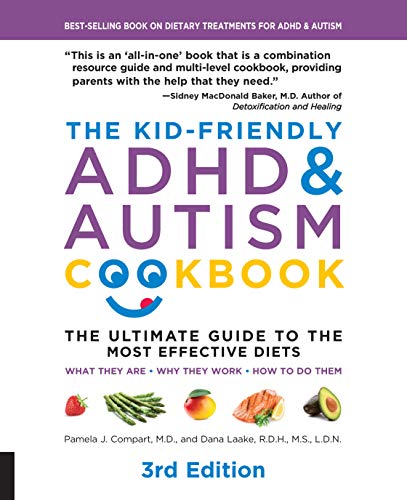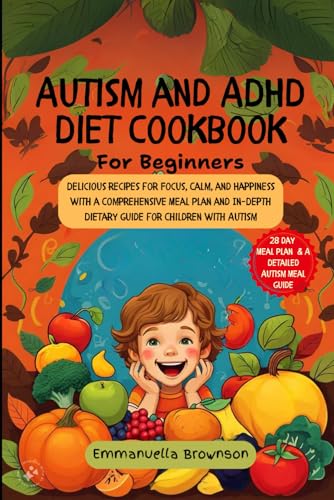What is ADHD?
Attention-deficit/hyperactivity disorder is a brain condition marked by various behavioural symptoms, including inattentiveness, hyperactivity and impulsiveness. It becomes noticeable in children and teens and can continue into adult life.
Symptoms of ADHD
The symptoms of ADHD can be divided into two behavioural problems: inattentiveness and hyperactivity-impulsiveness. Usually ADHD sufferers have traits that fall into both categories, but it’s not uncommon for people to only have problems with attentiveness. This type of ADHD is known as attention deficit disorder (ADD).
Inattention
People with inattention symptoms may:
- Become distracted easily
- Make careless mistakes
- Struggle to organise tasks
- Constantly change activities
- Regularly lose things and seem forgetful
- Struggle to follow lengthy conversations
Hyperactivity-impulsivity
People with hyperactivity-impulsivity symptoms may:
- Be unable to sit still in calm spaces such as offices or schools
- Move excessively
- Interrupt conversations and talk excessively
- Be unable to wait their turn
- Feel restless
What are the causes of ADHD?
Although scientists have not uncovered an exact cause of ADHD, like other illnesses it is thought to be the result of a number of contributing factors. Despite ADHD not being a single genetic fault, genes play a large role in the likelihood of developing ADHD.
Exposure to toxins, cigarettes and alcohol, during pregnancy or at a young age, a low birth weight and brain trauma are all suspected to play a role in ADHD development.
ADHD treatment
Although there are no valid studies linking diet to the development of ADHD, small groups of research have suggested a link between nutrition and certain symptoms. Various healthcare professionals think that the food and drink you consume can help keep symptoms at bay.
ADHD diet
Richard Sogn, MD, an expert in the field, believes consuming a healthy diet that benefits brain functioning is likely to be helpful when treating ADHD. It may be beneficial to:
- Eat Omege-3 fatty acids. These fatty acids are needed for healthy brain functioning and may affect symptoms of ADHD.
- Eat a protein-rich diet. Eating foods high in protein may improve concentration and prolong the effects of ADHD medication. These foods include lean meats, fish, eggs, nuts, legumes and wholegrains.
- Cut back on simple carbs. Avoid white flower products such as bread, rice and pasta, and sugar-based products like chocolate, sweets and soft drinks.
- Eat a diet high in complex carbs. Whole grains that release energy slowly – and stop you from having a sugar crash – and vegetables high in fibre are both excellent nutritional choices.
In addition to this, trying an elimination diet may be helpful. Identify a certain food or ingredient that you think may be triggering your symptoms and take that ingredient out of your diet for the next few weeks. Make a note of whether your symptoms are getting better, and if so keep avoiding that ingredient. If not, find another ingredient and repeat this process.










